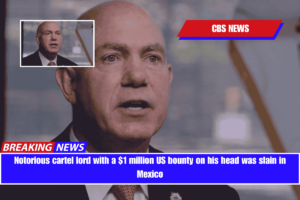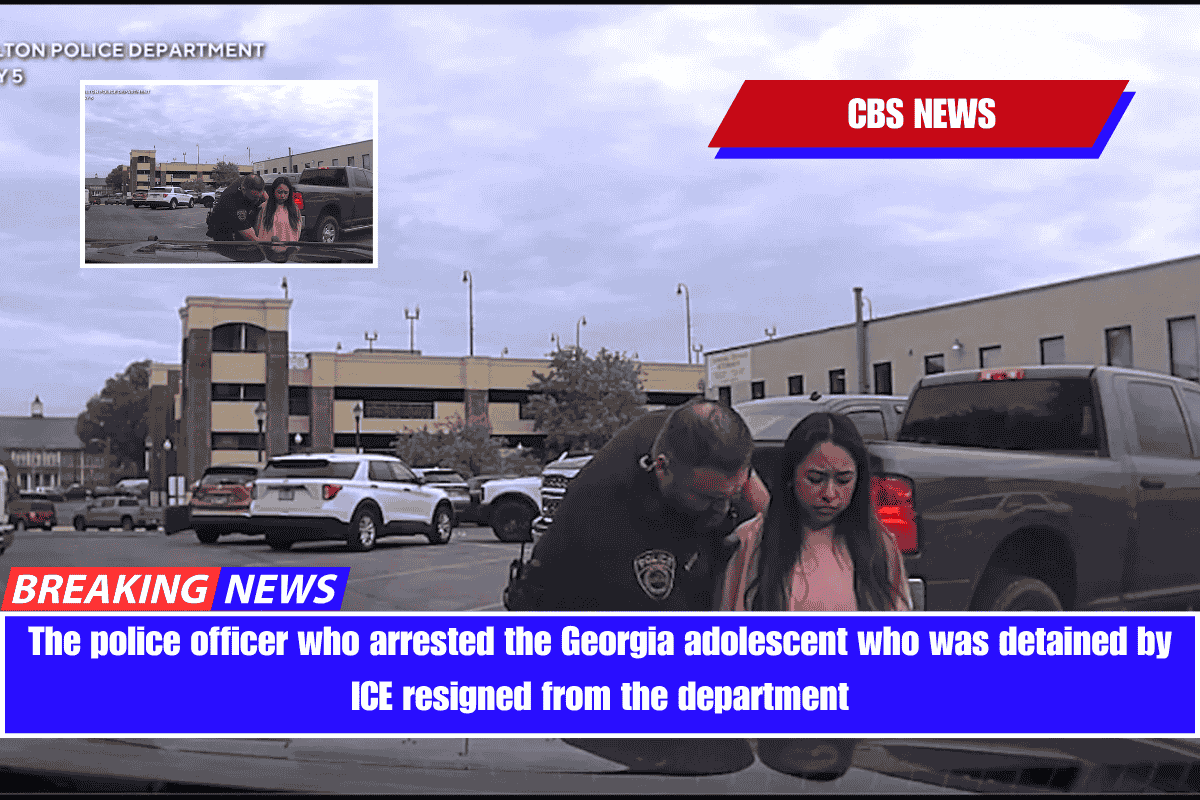Refugee admissions to the United States have nearly come to a halt, with the exception of one group, or a “small subset,” as Secretary of State Marco Rubio described them on Tuesday: Afrikaners. They are members of the White ethnic minority that once led South Africa’s brutal four-decade apartheid regime, which ended in 1994 when Nelson Mandela was elected president.
The Trump administration has already welcomed the first group of Afrikaner asylum seekers, who were granted expedited refugee status after alleging they were victims of violence and discrimination in South Africa.
Other Afrikaners are waiting, eager to take advantage of the Trump administration’s offer of special treatment to obtain protected status and the right to live and work in the United States.
Those interested have been meeting to share information about the process, including Dolf Grobler, who has already applied. The professional hunter told CBS News that he has $2.5 million to help America become great again.
“I’m worried that the genocide, which is currently mainly focused on White farmers, is going to spread,” said the president. Elon Musk, President Trump’s adviser whose family is Afrikaner, has supported the claim of a white genocide.
Musk joined Mr. Trump at the White House on Wednesday as the US president welcomed South African President Cyril Ramaphosa for an official visit. The Afrikaner refugee program was discussed, as were trade and other issues. Ramaphosa pushed back against Mr. Trump’s repeated claims that Whites are being targeted during the Oval Office meeting.
“Those people in many cases, are being executed, being executed, and they happen to be White, and most happen to be farmers,” Trump said. He referred to the circumstance as “sort of the opposite of apartheid.”
“Unfortunately, people who are killed as a result of criminal activity are not all white. “The majority of them are black people,” Ramaphosa said.
According to South African police, 12 people were murdered on farms in the last three months of 2024, one of whom was a White farmer, and the others were Black laborers or security workers. When asked if he thought life was better for him and his family under apartheid, an openly racist minority-rule system that denied equal rights to South Africa’s vast majority Black population, Grobler didn’t hesitate.
“Yes,” he informed CBS News. “I can’t say in my heart that we are better off now.” Despite this, he acknowledged that apartheid was wrong.
Right-wing groups frequently circulate claims of a White genocide, but this viewpoint is not widely held in the Afrikaner community.
Piet Croucamp, an Afrikaner commentator and academic at North-West University in South Africa, says the allegations are simply false.
“There’s no trace of it, never has been. Croucamp told CBS News that Whites are South Africa’s economically strongest group. “64% of South Africa’s boardrooms are still white. White South Africans have significantly higher average incomes than Black South Africans, and they have access to better schools, education, and private healthcare. This is the land of milk and honey if you’re white.”
Croucamp suspects that Mr. Trump’s decision to embrace the controversial Afrikaner amnesty program was influenced by the South African government’s strong stance against Israel’s actions in Gaza, as well as its relations with China, but he believes there is more to the story.
“In South Africa, right-wing groups, or so-called civil society groups, claim to have access to the Trump administration. And just in the last few days, they have repeatedly stated that they will speak with the American government, as if they have access to it. And if you listen to what Trump has said, it perfectly fits the genocide narrative that they sell and market,” Croucamp said. “So, I’m afraid I have to believe them when they say they have direct access to the Trump administration, and we see what Trump has been doing.”
grilled on the refugee program In a tense exchange with Democratic Sen. Tim Kaine of Virginia on Capitol Hill on Tuesday, Secretary of State Rubio insisted that U.S. foreign policy “doesn’t require even-handedness, it involves prioritizing the interests of the United States…. The United States has the right to pick and choose who they allow into the United States.”
White South Africans account for only about 7% of the population, but they own more than half of the country’s farmland. While the country has a staggeringly high crime rate, racial motivations are rarely a factor, according to Afrikaner cattle farmer Nick Serfontein.
He acknowledged that violent attacks on farmers do occur, particularly in agricultural land near major cities, where there are often large, impoverished populations, but he stated that “I feel safe.” I sleep with the doors open here on the farm.”
There have also been claims that White farmers are the victims of land expropriation, with the government seizing farms without compensation. In January, Ramaphosa signed legislation to expropriate mostly unused land for public use, which his government claimed was necessary to address the consequences of decades of apartheid. While the law requires fair compensation in most cases, it also allows for expropriation without compensation under certain conditions. Any measure can be challenged in court.
Mr. Trump has argued that it unfairly targets White landowners, despite the fact that the law makes no mention of anyone’s race who may be affected by the legislation.
More importantly, no cases of expropriation without compensation have been documented in the 31 years since apartheid ended.
Serfontein claims that the problem is not the government’s deliberate attempt to seize White-owned land without compensation, but rather “a dysfunctional government.” “The model is wrong.”
He stated that for decades, land has been handed over to a Black population with compensation for former owners in accordance with established rules, but with no support for new owners. So, nearly a decade ago, Serfontein helped launch a project to train new Black farmers to work the land.
To date, he claims to have personally trained over 700 young Black farmers, representing the country’s next generation of agricultural workers.
“I’m extremely positive, and so are the young people, the young farmers, they are positive,” he told me.
In terms of a white genocide, he agreed with Croucamp, bluntly stating, “It’s not happening.”
Serfontein stated that he was unaware of the histories of the Afrikaners who had already left for the United States, but he did not doubt that they “probably had some unhappy experiences in South Africa, about a number of things.” But let me tell you that if you went to NAMPO last week — NAMPO is the largest agricultural show in the Southern Hemisphere — you would have noticed a vibe among the farmers, young farmers, old farmers, Black farmers, and White farmers like you’ve never seen before. “They are very optimistic about South Africa’s future.”
They want to farm in a country, according to Serfontein, where most people understand that the land must be shared by both black and white people.


















Leave a Reply